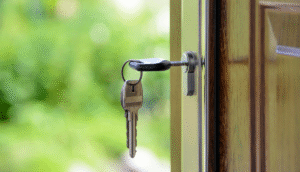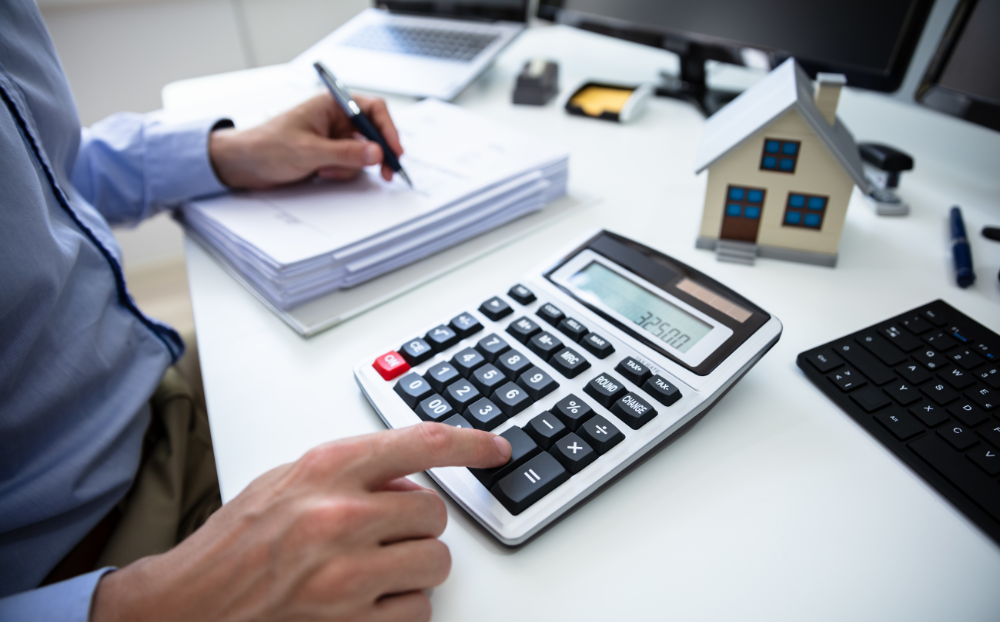
The end of the financial year can be a time of many happy returns for property investors, with all sorts of expenses able to be claimed on tax. These can include interest paid on investment loans, property management fees, landlord insurance and a number of other things.
However, the ATO gets more advanced every year with its scrutiny and it’s important to make sure you get your claims right and avoid costly mistakes, in order to maximise your returns and avoid penalties.So, we checked in with the ATO to find out the most common rental property tax mistakes and how to avoid them.
For the record
It’s surprising how many investors don’t keep the right records of their income and expenses as proof if needed by the ATO.
Each financial year you should request an income and expense statement from your property manager, so you can claim what you are entitled to. All records must be kept for the duration of your ownership of the property and, if you decide to sell it, for another five years afterwards.
Matter of interest
While you can claim the interest on your investment property loan, you can’t claim any part of it that you may use for personal use. So, if part of your loan was used for a holiday or to buy something, that portion of interest cannot be deducted. Again, when claiming interest, make sure you get a statement from your bank to figure out how much you have paid throughout the financial year.
Borrowing and buying expenses
Borrowing expenses such as loan establishment fees, title search fees and admin costs around preparing mortgage documents can be claimed in the same year as the purchase if less than $100. But if more, the deduction is spread over five years.
When it comes to buying expenses, however, the purchase price of the investment property cannot be claimed as a deduction. And nor can associated costs, such as stamp duty, conveyancing fees and even buyer’s agent fees.
Many of the associated costs form part of the overall capital gains tax (CGT) assessment if you decide to sell the property, but they can’t be claimed directly as yearly tax deductions.
Repairs and improvements
Repairs undertaken as a result of the property being rented out can be claimed in the year the expenses were incurred. So, if a hot water system needs fixing or a leaking roof is patched up can be claimed.
Initial repairs, which are those needed upon purchase to get the property up to scratch for renting out, can be claimed over a number of years as a capital works deduction.
Meanwhile, improvements, such as an extension, or a bathroom renovation can be deducted as building costs at 2.5% a year for 40 years. These cannot be directly claimed as a deduction.
The costs of completely replacing (rather than repairing) something detachable from the house (like a hot water system), also need to be depreciated over a number of years if the total cost is more than $300.
Beware mate’s rates.
You might rent your property out to family or friends and, if you do so, you’re probably doing them a favour by charging them below market rate. If you charge them less, or let someone stay for free for a while, you can’t claim full deductions for that period. So, if a mate stays for a month without paying rent, you can only claim 11/12th of the year’s deductions.
Help wanted?
Property investing is not a one size fits all endeavour, with different rules for different situations.
If you invested as part of a joint venture, for example, you can only claim the portion of deductions that matches your share of the ownership.
There are many other specific cases within our complicated tax system, so it’s important to get the help you need to maximise your returns.
Unless you are a tax rain man, you will benefit from a good accountant in preparing your return and not one of those $50 in-and-out joints. You need someone with a good knowledge of property investing. And the good news is that the accountants’ fees are claimable as deductions in the following financial year.
Related posts


Why Traditional Rental Management No Longer Works Today


